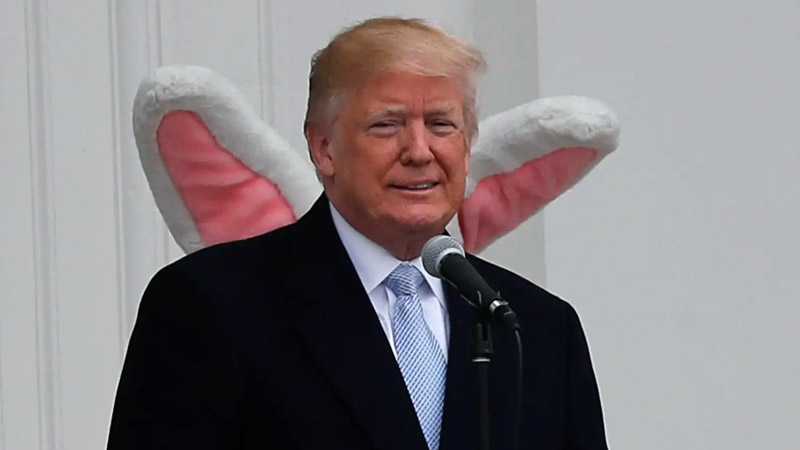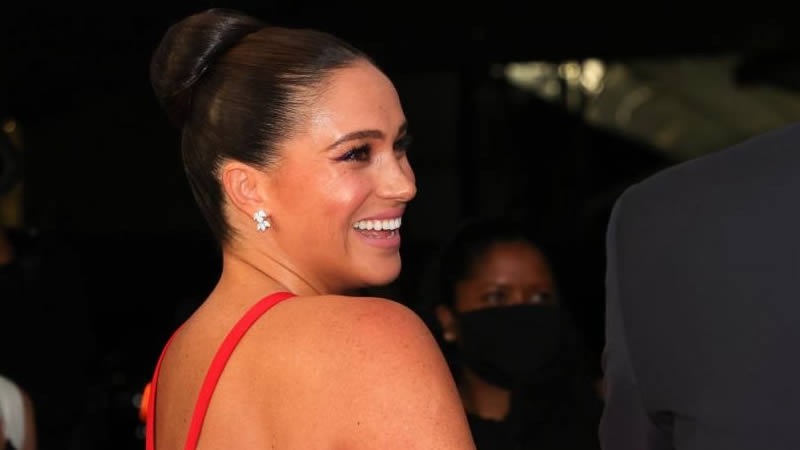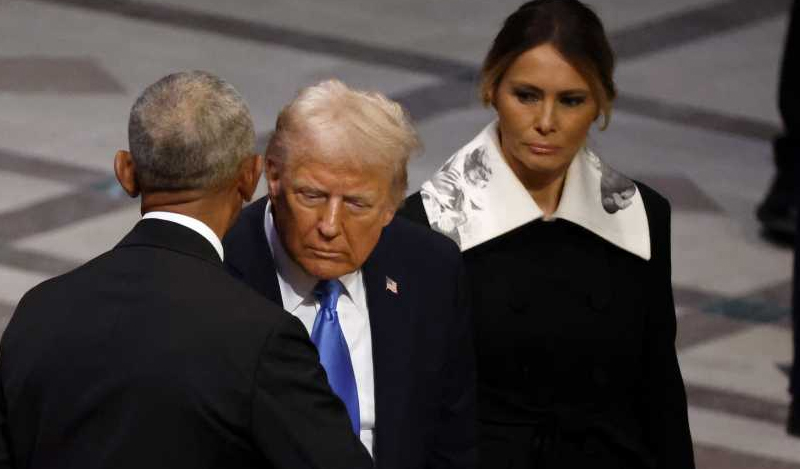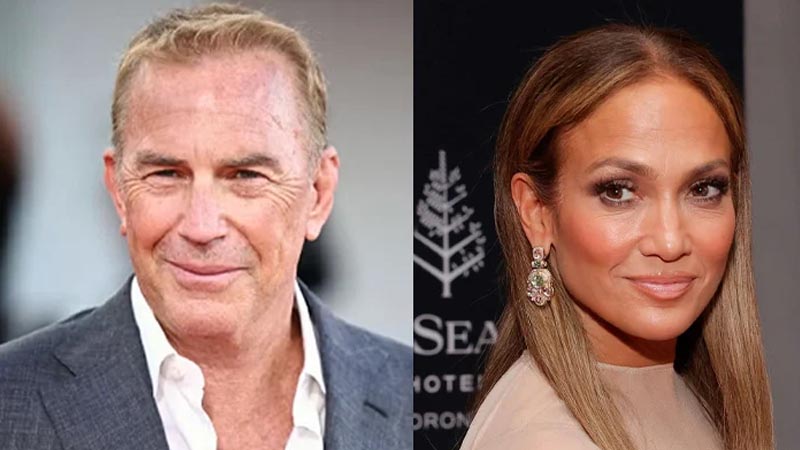“Are We Really Doing This?” Tensions Rise in Grand Jury Over Trump’s Classified Documents Case

Image: Reuters/Carlos Barria
The release of grand jury transcripts has cast a spotlight on the intense exchanges between Donald Trump’s attorney and Department of Justice (DOJ) lawyers during the investigation into the former president’s handling of classified documents. Timothy Parlatore, who later stepped down as Trump’s lawyer after the indictment, was involved in a heated confrontation over attorney-client privilege, which was vividly captured in the transcripts unsealed by federal judge Aileen Cannon and reported by Newsweek.
During his December 22, 2022, testimony at a Washington, D.C., federal courthouse, Parlatore was questioned by DOJ lawyers about his conversations with Trump regarding the sensitive government documents found at Mar-a-Lago, Trump’s private resort in Palm Beach. The grand jury was investigating allegations that led to Trump being charged with 40 federal counts related to the mishandling of these documents after his tenure in the White House ended in January 2021.
“It’s privileged, which is something that she knows, if – it’s something that every attorney does know,” Parlatore asserted to the prosecutors, emphasizing the sanctity of attorney-client privilege. DOJ lawyers, including Julie Edelstein, Brett Reynolds, and Anne McNamara, pressed Parlatore on why Trump hadn’t permitted him to discuss their private discussions if he was purportedly cooperating with the investigation.
“The question you just asked seems to indicate that, for somebody to be cooperative, they should waive their attorney-client privilege, which is absolutely wrong,” Parlatore countered, challenging the line of questioning. Edelstein clarified that she was not requesting him to waive the privilege but needed to inquire about the discussions concerning the case.
“Do you understand that that’s not something that should be even suggested?” Parlatore responded, highlighting the tension between maintaining legal ethics and fulfilling investigatory duties. Reynolds intervened to remind Parlatore of his role as a witness, and Edelstein reiterated her obligation to probe the basis of his earlier representations to the grand jury.
“You made a representation to this grand jury about what was said at a meeting,” Edelstein pressed, leading to Parlatore’s repeated insistence that the questions were improper. The testimony concluded with an acknowledgment of the unusual dynamics of the situation.
“Thank you,” Parlatore concluded, “and I apologize if some of the answers were a little bit more convoluted just because of the weird dynamic here, but I appreciate your time. Thank you.” The transcripts reveal not only the legal complexities but also the fraught atmosphere of the proceedings as Trump’s legal team navigated the delicate balance between cooperation and protection of client confidentiality.


